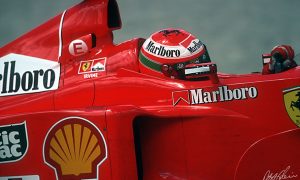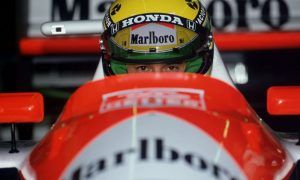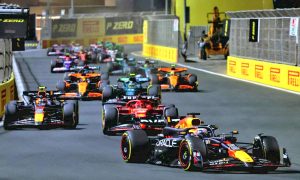
©WRi2
Sebastian Vettel and Mark Webber (2010)
While Sebastian Vettel and Mark Webber endured a tense partnership all the way through to Australian’s retirement at the end of the 2013 season, it was 2010 when both were in title contention.
Webber had been more consistent that his team-mate in the early rounds and back-to-back victories in Spain and Monaco had left him leading the championship. The rivalry really started to take shape in Turkey, where Vettel and Webber collided as the German tried to overtake his team-mate for the lead, forcing Vettel out of the race and demoting Webber to third behind Lewis Hamilton and Jenson Button.
While the incident actually saw Webber’s title lead extended, it was Hamilton’s first win of the season and ensured five drivers - including Hamilton, Button, Webber, Vettel and Fernando Alonso - had won races in the opening seven rounds. Those five would fight for the title for the majority of the year, with Alonso being supported by Felipe Massa but Red Bull and McLaren allowing their pairings to fight it out.
With Vettel a product of the Red Bull young driver program, Webber felt his team-mate was getting priority after the team took a new wing from the Australian’s car and gave it to Vettel - who had damaged his - ahead of qualifying for the British Grand Prix. Vettel was ahead in the championship at the time but both drivers were trailing the McLarens, and Webber said over team radio “not bad for a number two driver” after winning the race at Silverstone.
In this instance, Red Bull’s allowance for both drivers to fight for the title paid off, with Alonso and Webber going into the final round as favourites - with Alonso ahead of the Red Bull pair - and Vettel and Hamilton both holding outside hopes. Ferrari focused on Webber in the race in Abu Dhabi, covering a pit stop which left both stuck behind Vitaly Petrov’s Renault in seventh and eighth respectively, and Vettel took a comfortable victory which saw him take the title by four points.
Vettel then went on to have the measure of his team-mate, securing a three further drivers’ championships in succession as Red Bull dominated the sport.
This article was originally published in September 2016






